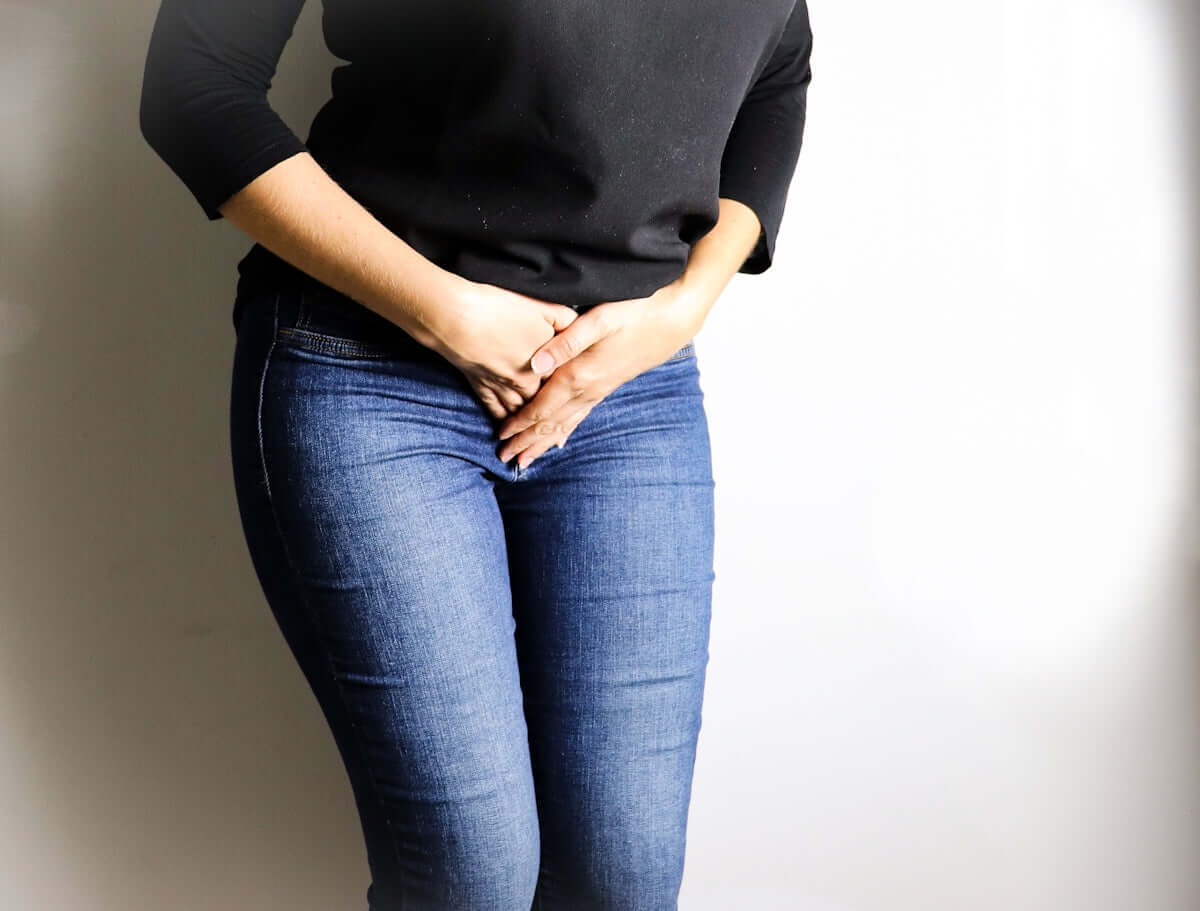FAQs About Hormonal Changes and Excessive Vaginal Itching

Hormonal changes can significantly impact women's bodies, leading to a range of symptoms including excessive vaginal itching. It's a topic that many find sensitive yet crucial to discuss. Understanding the connection between these bodily changes and symptoms is vital for effective management and comfort. Below, we explore frequently asked questions revolving around hormones, menopause, peri-menopause, vaginal odor, and vaginal itching.
What Causes Hormonal Changes During Menopause and Peri-menopause?
Menopause and peri-menopause mark significant transitions in a woman's reproductive cycle. They are primarily characterized by the fluctuation and eventual decline of hormones such as estrogen and progesterone. These fluctuations can lead to various symptoms, including hot flashes, mood swings, and changes in vaginal health.
How Do These Hormonal Changes Affect Vaginal Health?
Hormonal changes can directly impact vaginal tissues, leading to dryness, irritation, and inflammation. This is often experienced as excessive vaginal itching and can be accompanied by a change in vaginal odor. Reduced estrogen levels during menopause and peri-menopause can make the vaginal walls thinner and less lubricated, exacerbating these symptoms.
What Can Be Done to Alleviate Vaginal Itching?
There are several steps you can take to alleviate vaginal itching caused by hormonal changes:
- Maintain Good Hygiene: Keep the vaginal area clean and dry. Use mild, unscented soaps and avoid douches or harsh cleaning products.
- Hydration: Ensure you are well-hydrated and consider using water-based lubricants to reduce friction and irritation.
- Vaginal Soothing Solutions: Products like the V-Blissful Vaginal Soothing Solution (Disc Cap) and the V-Blissful Vaginal Soothing Solution (Spray) can offer relief from itching and discomfort. They are specifically designed to soothe irritation caused by hormonal changes.
Can Dietary Changes Help?
Yes, dietary changes can sometimes help manage symptoms. Incorporate foods rich in phytoestrogens, such as soy, flaxseeds, and certain fruits and vegetables, which may support hormone balance. Staying well-hydrated and maintaining a balanced diet can also contribute to better overall vaginal health.
When Should I See a Doctor?
If the itching is persistent or accompanied by unusual symptoms like sores, significant changes in vaginal odor, or discharge, it's essential to see a healthcare provider. They can rule out infections or other underlying conditions that may require medical treatment.
Understanding the role hormones play during menopause and peri-menopause can help you take proactive steps to manage symptoms like excessive vaginal itching. Remember that you're not alone, and there are solutions and resources available to help you navigate this phase comfortably. For more information on successful solutions and products to ease discomfort, visit yourblissful.com.
Explore effective ways to manage these changes with V-Blissful Vaginal Soothing Solutions and take control of your vaginal health today.



